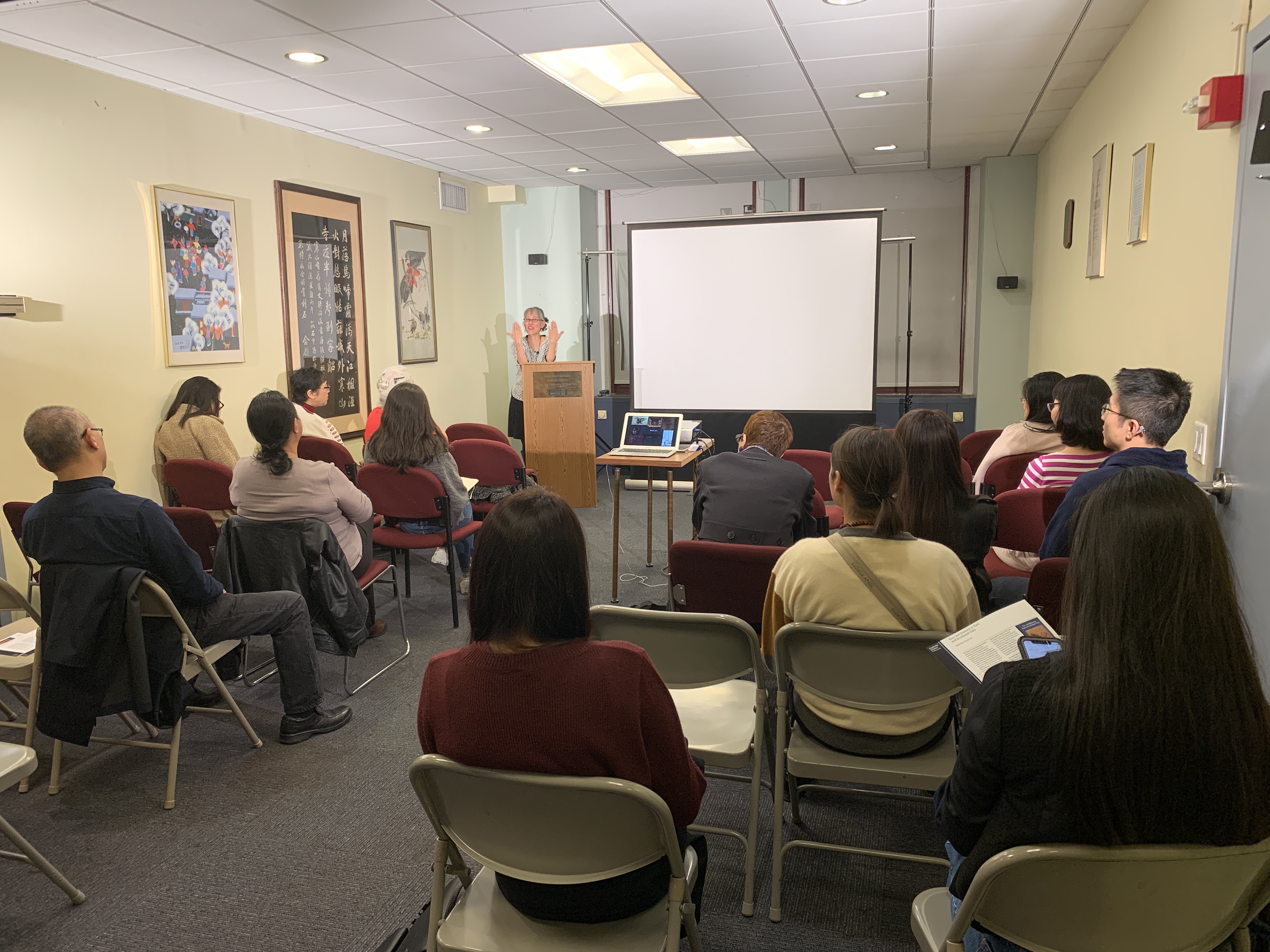
Based on her 2019 edited anthology, Eco–Art History in East and Southeast Asia, Prof. De-nin Lee will discuss the challenges of eco–art history in the age of climate change. Throughout Asia, significant anthropogenic changes to terrain, watercourses, and ecosystems date back millennia, as do artwork and artefacts that both conceptualize and modify the natural world. Sensitive to climate change and the rising interest in earth-conscious modes of analysis, the burgeoning field of “eco–art history” explores the mutual impact of artistic expressions and local environments. Conceptual tools and case studies focused on the regions of East and Southeast Asia impart important insights bearing on the development of eco–art history.

In the anthology, Eco–Art History in East and Southeast Asia, case studies discuss the impact of the Little Ice Age on court painting and systems of representing marine life in the Joseon period in Korea. Other contributors consider contemporary artistic strategies, such as developing a “sustainability aesthetics” and focusing attention to non-human agents, to respond to environmental damage and climate change in the present. Additional essays analyze the complicated art historical ecology of heritage sites and question the underlying anthropocentrism in art historical priorities and practices. As a whole, this anthology argues for bringing ecological considerations to bear in the study of Asian art.

